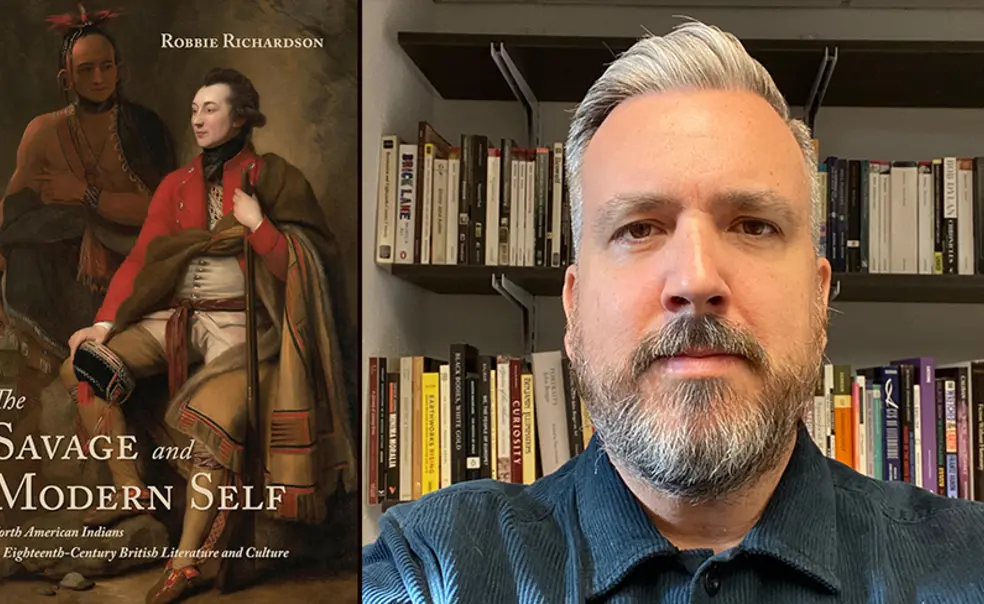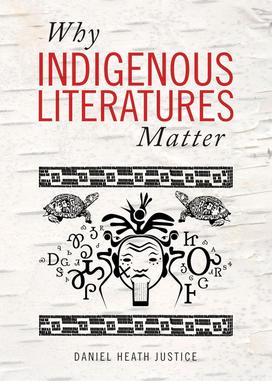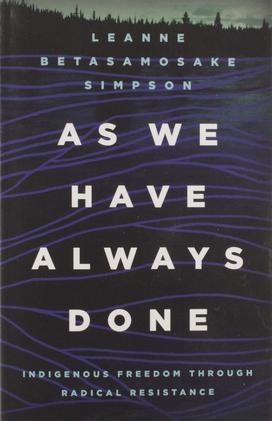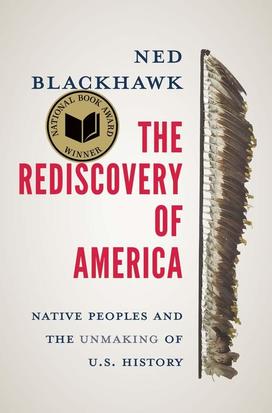At Thanksgiving, Professor Robbie Richardson on Indigenous Literature and History
With Thanksgiving approaching, PAW asked Richardson to shed light on the historical relationship between America’s native people and European colonists by recommending three books on Indigenous literature and history
Robbie Richardson is an assistant professor in Princeton’s Department of English specializing in 18th-century British literature, Indigenous literature, and the intertwined and tumultuous relationship between the two throughout American history. A Ph.D. in English and cultural studies, Richardson has long focused on the interaction between English and Indigenous cultures, including in his book, The Savage and Modern Self: North American Indians in Eighteenth-Century British Literature and Culture, which focuses on British depictions of North American natives over time. His current work focuses on “reading” Indigenous material culture and ancestral belongings, including tomahawks and tobacco pipes, analogous to how we might read more conventional literary texts.
With Thanksgiving approaching, PAW asked Richardson to shed light on the historical relationship between America’s native people and European colonists by recommending three books on Indigenous literature and history. He suggested these:















No responses yet